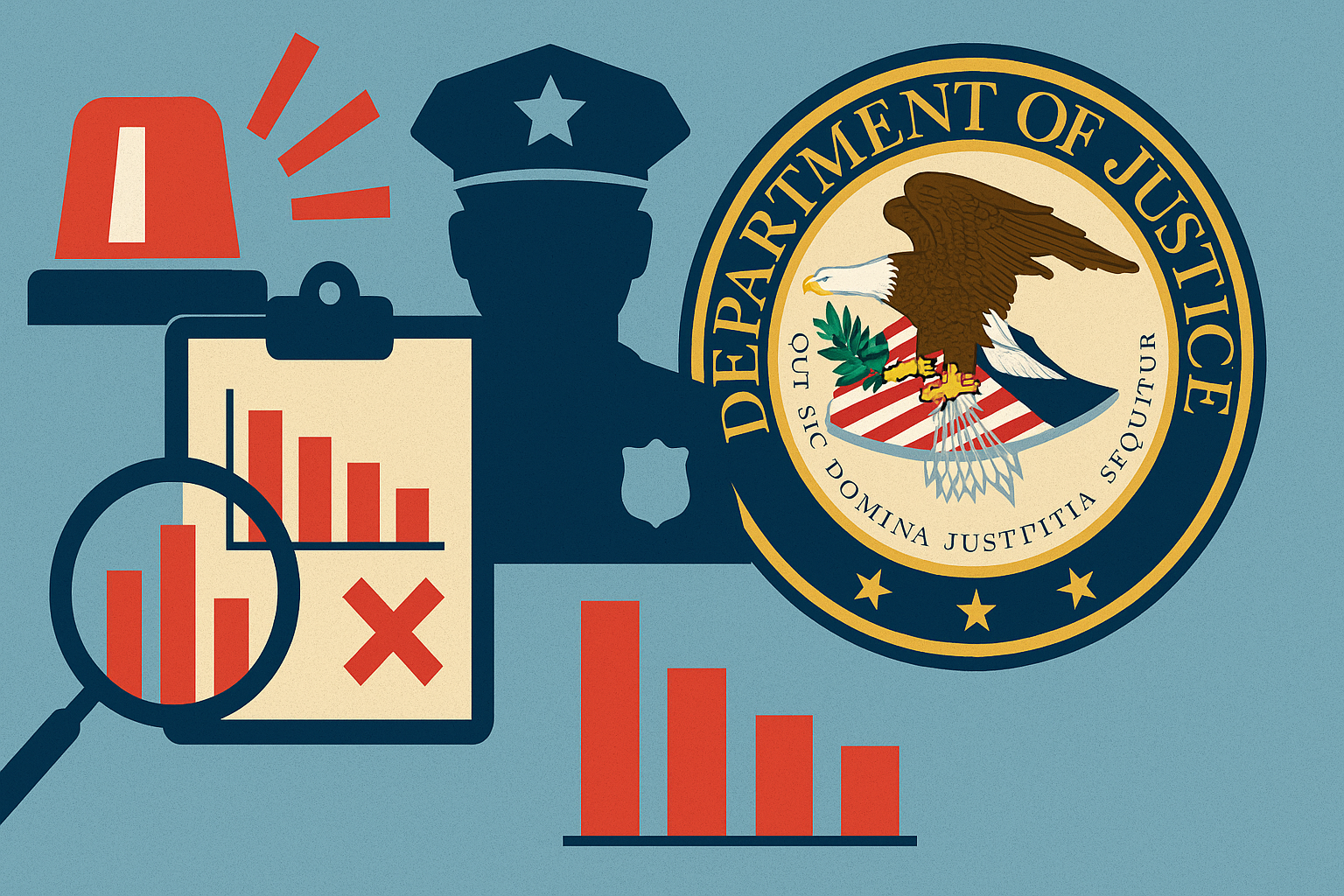The U.S. Department of Justice has opened a criminal investigation into the Washington D.C. Metropolitan Police Department (MPD) amid allegations that officers falsified or misclassified crime statistics. The inquiry raises concerns about transparency in law enforcement and challenges President Donald Trump’s repeated claims that crime in the nation’s capital is at “record lows.”
Allegations of Misreporting
Whistleblowers from within the MPD reportedly provided evidence indicating that some crimes were deliberately underreported or misclassified, creating an inaccurate picture of declining crime rates. These allegations stand in stark contrast to the reality described by many residents, who continue to voice concerns over violent crime, theft, and narcotics-related activity across the city.
The claims also directly undermine Trump’s narrative of Washington as a safer city under his administration’s policies on “law and order.”
Federal Oversight and Consequences
The Justice Department’s criminal division, working with federal prosecutors, will examine years of MPD records, including crime reports and internal communications. Legal experts suggest that if the allegations are substantiated, penalties could range from disciplinary action against officers to federal oversight of the entire department.
“Integrity in crime data is essential to public trust,” said Rachel Monroe, a former federal prosecutor. “If the numbers are manipulated, it not only erodes community confidence but also misguides national policymaking.”
Political Sensitivity
The timing of the probe is politically significant. Trump has highlighted falling crime statistics in Washington D.C. as proof of his administration’s success, while critics argue the figures masked deeper systemic issues.
D.C. Mayor Muriel Bowser responded cautiously, welcoming “a thorough and transparent review” and reiterating the city’s commitment to both safety and accountability.
Community Concerns
Local activists and residents in high-crime neighborhoods expressed little surprise at the revelations. Marcus Grant, a community leader from Southeast D.C., remarked: “We’ve been saying for years the numbers don’t reflect what we live every day. If federal investigators are finally looking into this, maybe we’ll see real accountability.”
There are also concerns that distorted statistics may have affected federal funding decisions, resource allocation, and public confidence in local policing.
Looking Ahead
The Justice Department has not provided a clear timeline for its investigation but stressed that the matter will be pursued rigorously. Should evidence confirm systemic manipulation, the MPD could be subject to reforms similar to federal consent decrees imposed on other police departments found to have violated public trust.
Ultimately, the investigation underscores a broader challenge for U.S. law enforcement: balancing the political pressure to demonstrate success with the obligation to report crime data accurately. As one congressional aide noted, “This is about more than statistics — it’s about whether communities can believe what they are told about their own safety.”



